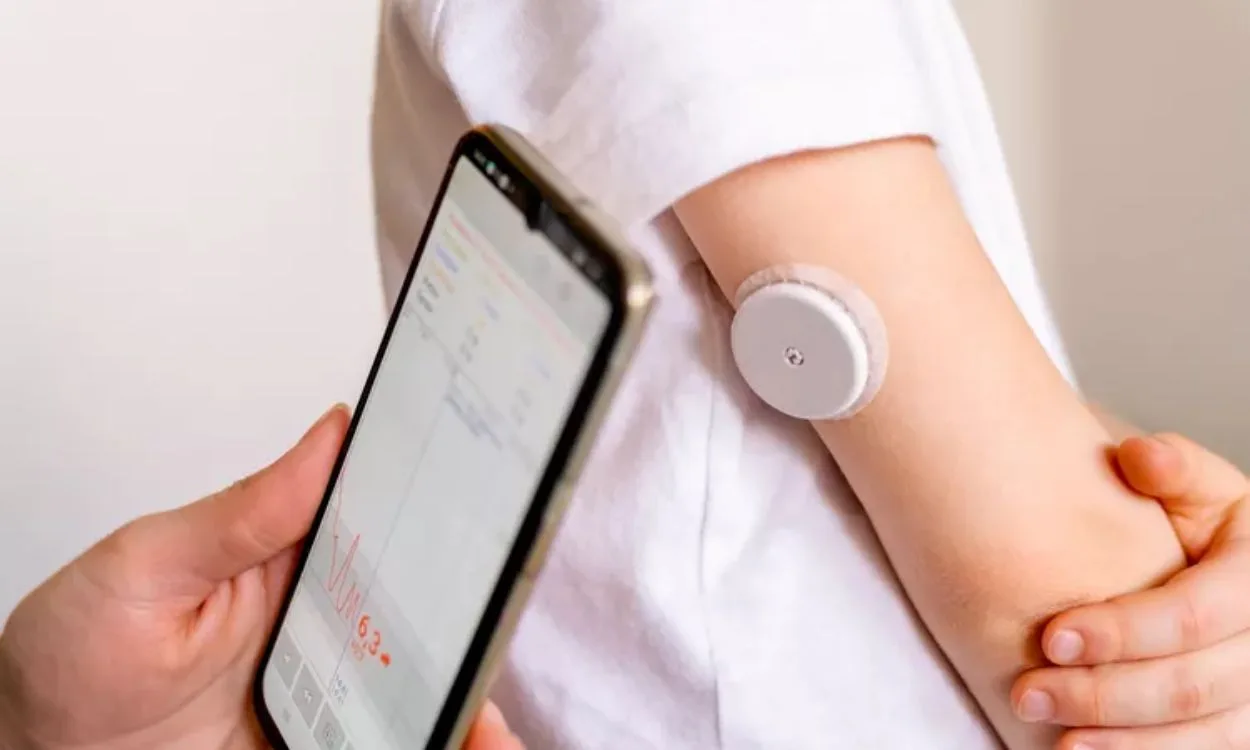How to Effectively Monitor and Adjust Diabetes Management
Diabetes management is a crucial aspect of maintaining overall health and well-being, especially for the Indian population. Monitoring progress and making necessary adjustments are key to effectively managing diabetes. Here’s a detailed guide on how individuals can monitor their progress and make adjustments in their diabetes management:
Monitoring Progress in Diabetes Management
Regular Blood Glucose Monitoring
Regularly monitoring blood glucose levels is essential for individuals with diabetes. This can be done using a blood glucose meter, continuous glucose monitoring (CGM) systems, or flash glucose monitoring devices. Keeping track of blood glucose levels throughout the day provides valuable insights into how various factors such as diet, physical activity, and medication affect blood sugar levels.
HbA1c Testing
HbA1c testing, also known as glycated hemoglobin test, measures average blood sugar levels over the past 2-3 months. This test provides a comprehensive view of long-term blood sugar control, helping individuals and healthcare providers assess the effectiveness of diabetes management strategies.
Self-Monitoring of Symptoms
Individuals with diabetes should pay close attention to symptoms such as increased thirst, frequent urination, fatigue, blurred vision, and slow wound healing. Monitoring these symptoms can indicate fluctuations in blood sugar levels and the need for adjustments in the management plan.
Regular Medical Check-ups
Routine medical check-ups, including comprehensive physical examinations and lab tests, are crucial for monitoring overall health and identifying any diabetes-related complications at an early stage. These check-ups also allow healthcare providers to assess the effectiveness of diabetes management strategies and make necessary adjustments.
Making Adjustments in Diabetes Management
Dietary Adjustments
Based on blood glucose monitoring and HbA1c results, individuals can work with dietitians to make adjustments to their meal plans. This may involve modifying carbohydrate intake, choosing low glycemic index foods, and ensuring a balanced diet that supports stable blood sugar levels.
Physical Activity Modifications
Regular physical activity plays a significant role in diabetes management. Individuals can adjust their exercise routines based on blood glucose monitoring results and medical guidance. This may involve modifying the duration, intensity, or type of physical activity to better control blood sugar levels.
Medication and Insulin Adjustments
For individuals using diabetes medications or insulin, regular monitoring of blood glucose levels can help healthcare providers determine if adjustments to dosages or timing are necessary. This may involve fine-tuning medication regimens to achieve optimal blood sugar control.
Stress Management and Sleep Optimization
Stress and inadequate sleep can impact blood sugar levels. Individuals with diabetes can make adjustments in their lifestyle to manage stress effectively and prioritize quality sleep, both of which can positively influence blood glucose control.
Continuous Education and Support
Staying informed about the latest advancements in diabetes management and seeking support from healthcare providers, diabetes educators, and support groups can help individuals make informed decisions about adjusting their management strategies.
Introducing Fitpaa: A Holistic Approach to Diabetes Management
While the above strategies form the foundation of effective diabetes management, leveraging technological advancements can further enhance the process. Fitpaa, an end-to-end AI-driven metabolism monitoring and management technology, offers a comprehensive solution for individuals looking to achieve their health and fitness goals, including managing diabetes. Fitpaa’s personalized approach, incorporating medical nutrition therapy, medical exercise therapy, and cognitive behavior therapy, aligns with the principles of effective diabetes management. With Fitpaa, individuals can:
- Utilize advanced metabolism assessment technology to optimize their metabolism, a key factor in diabetes management.
- Receive personalized Fitpaa Capsules tailored to their metabolism, health goals, and lifestyle, incorporating medical therapy, medical exercise therapy, and medical nutrition therapy for comprehensive diabetes management.
- Benefit from real-time guidance and support through the Fitpaa mobile app, which includes tools for tracking progress, accessing workout guidance, and receiving ongoing support from a team of experts.
Fitpaa’s commitment to guaranteed results, lifetime validity of goal-oriented services, and a risk-free trial reflects its dedication to helping individuals achieve their health and fitness goals, including effective diabetes management. By combining traditional management strategies with innovative technological solutions, individuals can experience a holistic and personalized approach to diabetes management with Fitpaa.
Conclusion
Monitoring progress and making necessary adjustments are integral parts of effective diabetes management. By incorporating traditional monitoring methods, such as blood glucose monitoring and regular medical check-ups, individuals can gain valuable insights into their diabetes management journey. Additionally, leveraging innovative technologies like Fitpaa can further enhance the effectiveness and personalization of diabetes management strategies. With a holistic and personalized approach, individuals can work towards achieving optimal blood sugar control and overall well-being.
To experience the benefits of personalized diabetes management and achieve guaranteed results, individuals can download the Fitpaa app and embark on a journey towards improved health and fitness.
Remember, effective diabetes management is within reach, and with the right tools and support, individuals can take proactive steps towards a healthier and more fulfilling life.









